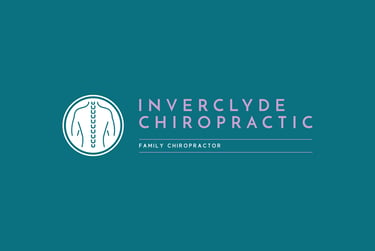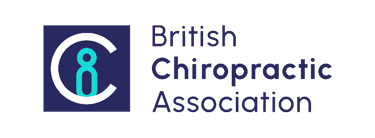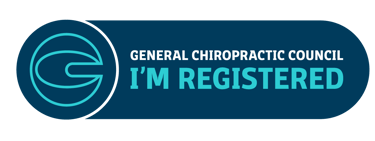Tips for Preventing and Reducing Frequency of Headaches
Our Chiropractor shares information on why your headaches may be coming from your neck and what you can do to prevent your headaches returning
The Link Between Neck Pain and Headaches
Headaches can arise from many different causes, ranging from stress and dehydration to more complex medical conditions. One often overlooked contributor to headaches is neck pain and tension. Neck tension, poor posture and spinal misalignments can significantly influence the onset and intensity of headaches.
What is the connection?
The relationship between neck pain and headaches is primarily due to the intricate network of nerves and muscles in the region. When neck muscles become tense or strained, they can compress nerves and blood vessels that travel to the head, leading to pain and discomfort. This type of headache is often referred to as a cervicogenic headache.
Tension and spasms in the neck muscles, often caused by poor posture, stress, or injury, can radiate pain to the head. This is common in tension-type and cervicogenic headaches, where the pain starts in the neck and spreads to the forehead or temples.
Chiropractic adjustments aim to restore proper joint function and alleviate this pain.
Tips on alleviating and preventing headaches
1. Chiropractic care focuses on diagnosing and treating these underlying issues through regular spinal adjustments, to correct spinal misalignments. In addition, soft tissue therapies, posture correction, and exercises, aiming to relieve both neck pain and associated headaches is addressed.
2. Posture Improvement: Maintaining good posture, especially while sitting and using computers or mobile devices, can prevent strain on the neck and shoulders that often leads to headaches.
Ensure that your workstation is ergonomically designed to support your neck and back. Regularly check your posture, especially if you spend long hours sitting. Your chiropractor can support you with the correct set up.
3. Hydration: Drinking plenty of water is essential as dehydration is a common cause of headaches. Aim for at least 8 glasses of water a day.
4. Regular Exercise: Engaging in regular physical activity helps improve circulation, reduce stress, and release endorphins, all of which can help prevent headaches.
Simple neck stretches, such as tilting your head from side to side and forward and backward, can reduce muscle tension
5. Healthy Diet: Eating a balanced diet and avoiding known headache triggers such as caffeine, alcohol, and foods with high levels of preservatives or additives can help reduce the frequency of headaches.
6. Adequate Sleep: Ensuring consistent, quality sleep helps prevent headaches. Aim for 6-8 hours per night and maintain a regular sleep schedule.
7. Stress Management: Techniques such as deep breathing exercises, meditation, yoga, and other relaxation methods can help reduce stress and tension that may trigger headaches.
8. Massage Therapy: Regular massage therapy can help relieve muscle tension in the neck, shoulders, and back, which can contribute to headaches.
By incorporating these tips into your daily routine, you can significantly reduce the frequency and intensity of headaches caused by neck pain.
If your neck pain and headaches persist, it is important to consult a healthcare professional. They can perform a thorough examination and recommend treatment options.




Helping alleviate conditions such as back pain, neck pain, headaches, sciatica, slouched posture, slipped disc, shoulder pain and hip pain.
Follow Us




